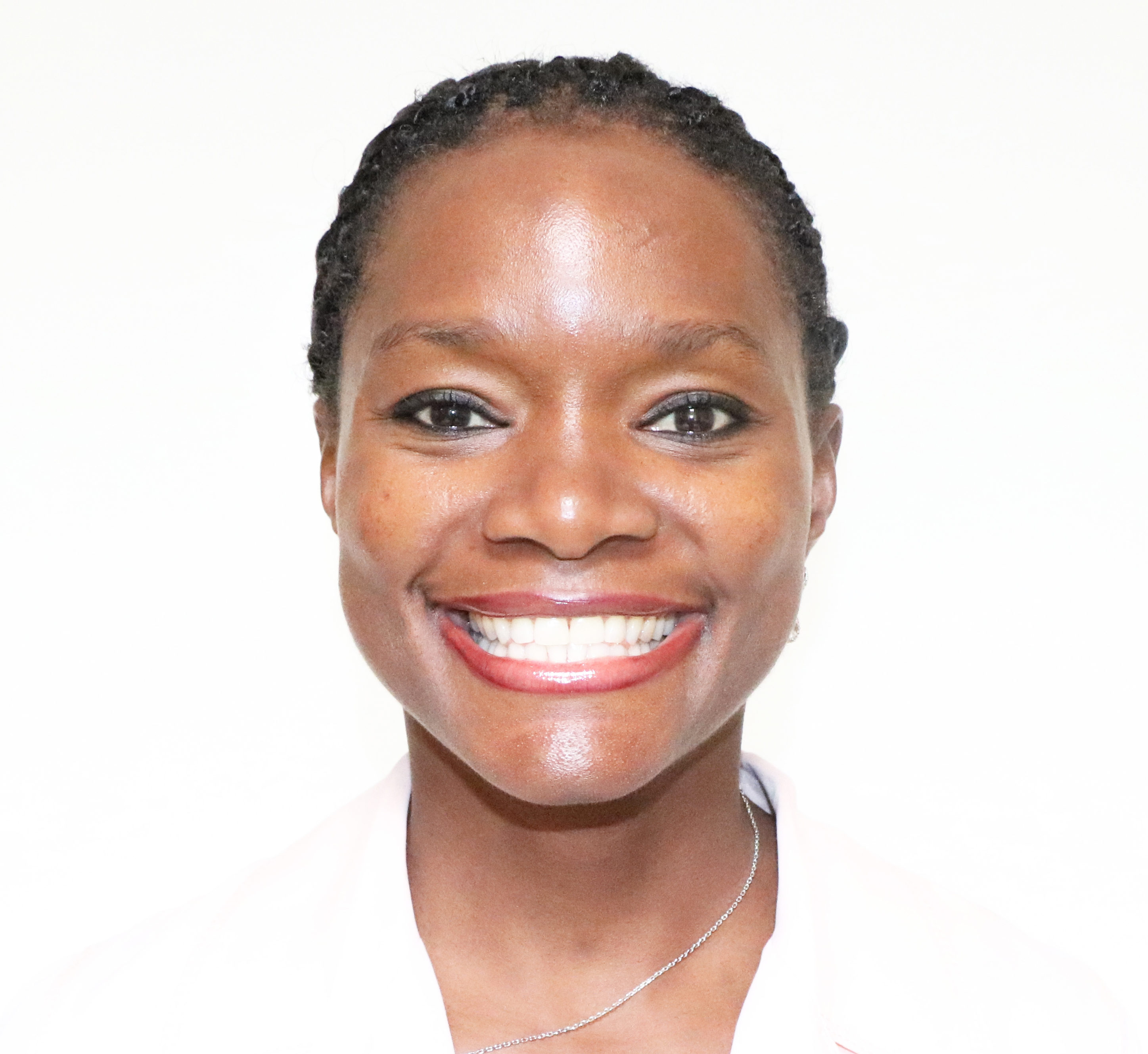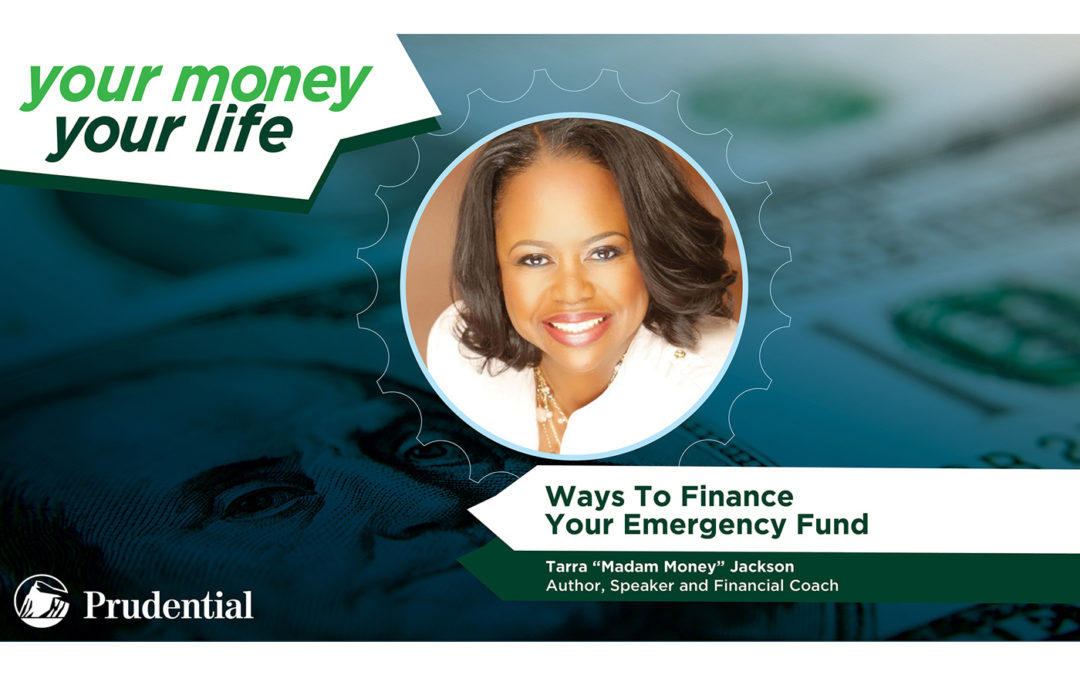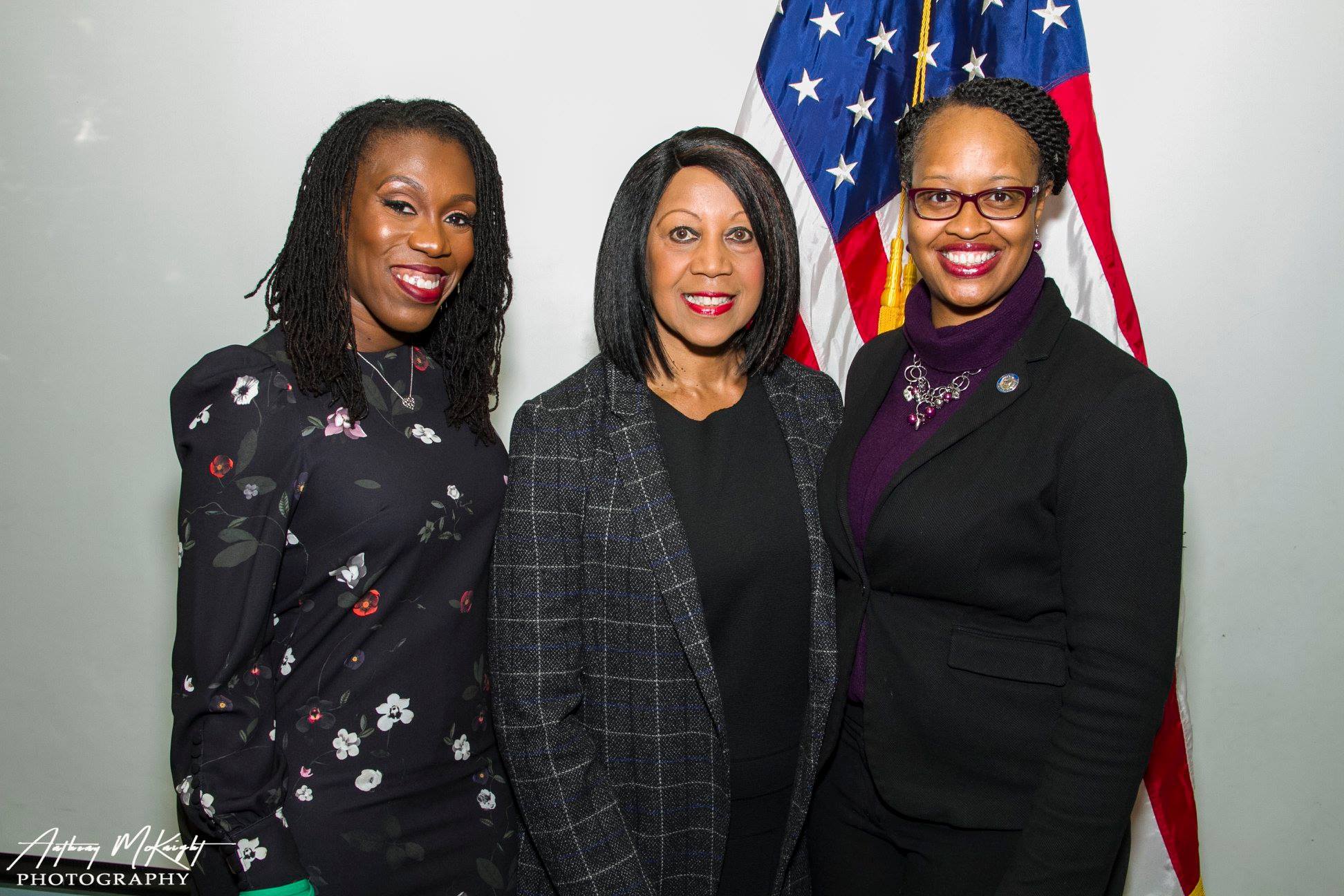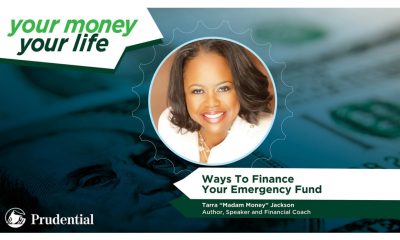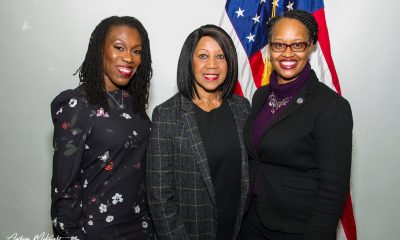Many people just do not want to meet with a financial adviser despite the fact that using one may provide numerous financial advantages. Financial advisers provide objectivity of financial situations and give advice to help establish a more secure financial position.
A few personal finance professionals, authors, teachers and bloggers, from the Elevate Community, dedicated to uplifting people of color financially, shared their perspectives:
“Just Not Ready”
Just like weight loss, financial wellness is one of the top three new year resolutions and personal goals. Most people generally know what to do to improve their financial situation, but some are just not ready to do it.
“We like comfort!” says Andre Albritton of The Millennials Next Door. “A financial adviser will give recommendations outside of our comfort zone which can be a frightening experience.”
Money mantras like “save more and spend less” and “pay yourself first” have been stated by every financial expert. The reality is if a person is not mentally ready, they will not execute any plan.
Cost
On television, rich and famous people seem to be the only ones talking about meeting with financial advisers. This creates the perception that it takes thousands or millions of dollars to work with a financial adviser. The consumers living paycheck to paycheck with minimal or no assets (like a home, investments, etc.) may presume it is too expensive to meet with a financial adviser.
Many middle-class Americans are working hard to pay their bills and make ends meet. Paying to meet with a financial adviser may seem premature or unrealistic.
Denial
“People put off seeing a financial adviser for the same reason they avoid going to the doctor or dentist” shares Alfred Edmond Jr., Your Money Your Life Podcast host and co-author of Loving in the Grownzone. “They don’t want to deal with the choices, remedies, or lifestyle changes that will likely be necessary to improve their condition.”
People that practice avoidance in the hope that the problems will go away, or correct itself will deny the problem, and chose not to deal with the financial situation. Unfortunately, avoiding the dis-ease in the bank account will leave a person vulnerable to more financial hardships.
“People are embarrassed about their current (financial) situation and believe their choices got them in that predicament” explains Atiya Brown of Live Financially Savvy Podcast. “Since they don’t know the extent, they may tend to ignore and avoid.”
Pride
Almost 10 years ago, my pride almost put me in the poor house. I remember being ashamed to admit my major money mistakes and felt like a failure. I locked myself in a self-inflicted private prison of shame.
People suffer in silence because of their pride and the shame they feel because of making money mistakes. Making the decision to let go of the shame and ask for guidance will help to release the guilt.
Product Pushers
Julien Saunders of rich & REGULAR states, “Some financial advisers have a tendency to be pushy. Although well-intended, some (financial advisers) can make a person feel pressured. Consumers must fully understand the implications, alternatives, or cost to them as the investor.”
Some financial advisers are perceived as product pushers. Product pushing financial professionals turn off and scare away many consumers. Even though consumers know that financial advisers sell products, they do not want to feel pressured into purchasing products they don’t understand.
Stranger Danger
People do business with people they like, know, and trust. Sharing secret financial skeletons with someone you don’t know can be extremely uncomfortable. It is even more frightening to give control of your money and assets to that stranger.
Patrina K. Dixon of It’$ My Money says, “Some people have trust issues. Therefore, if they do not trust the financial advisor, they will not be safe to share relevant information the adviser may need to assist the client.
Some Alternative Options to Using Financial Advisers
Many are not ready for the financial commitment to meet or work with a financial adviser. Here are some alternative options and resources to help you “start where you are.”
Financial Blogs and Podcasts
Financial blogs are an excellent resource for free money tips and strategies. Here are a few blogs and podcasts to check out.
Tanya Rapley’s My Fab Finance Blog teaches millennial women of color how to regain control of their finances, overcome financial challenges, and pay off debt.
Talaat and Tai McNeely host the His And Her Money Podcast. Their podcast and blog aim to help married couples reach their financial goals together.
Marsha Barnes’ The Finance Bar Blog connects individuals to their financial wellness. She offers one-on-one coaching and an app that shows where your money is going.
Online Financial Tribes
John Hope Bryant, the founder of Operation Hope stated, “If you hang around nine broke people, you will be the tenth.” Connecting with people who have similar financial goals or have achieved the success desired is essential to financial success. Here are a few online financial tribes to check out.
The Live Richer Academy founded by Tiffany Aliche, who is known as The Budgetnista, is a membership-based online platform that offers courses designed to help participants take their finances to the next level.
Founded by Sandy Smith, of Yes I Am Cheap blog, Hustle Crew is a private Facebook group community that provides resources on entrepreneurship and starting a side hustle.
Financial Coaches
Financial coaches educate clients on the basics of money and credit management. They help their clients establish financial goals and create a customized plan to reach those goals. Financial coaches act as accountability partners to encourage and challenge their clients to success.
Financial coaching services range free through a non-profit programs to a few hundred dollars per hour to work with popular financial coaches privately.
Black Enterprise Contributors Network
The post People Share Why They Don’t Use Financial Advisers; Some Alternative Ways to Get Financial Help appeared first on Black Enterprise.
